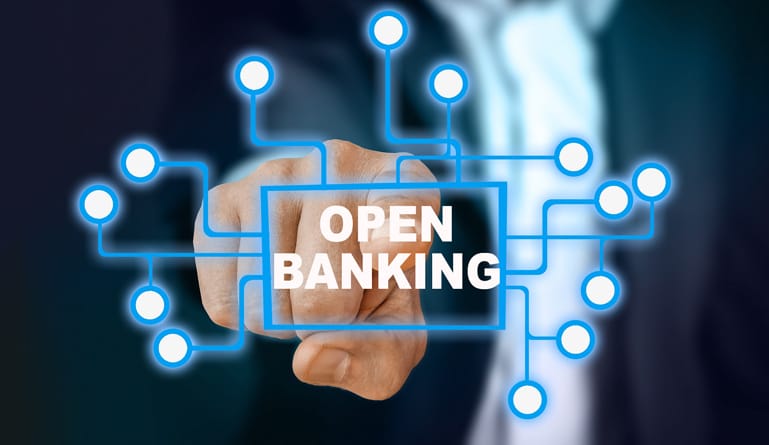Everything you need to know about open banking.
The benefits of open banking are many including improved customer service and new streams of revenue.
“Open Banking is like a dandelion whose seeds blow far and wide. They blow beyond the field of financial services, causing people to think more widely about the data-driven economy of which we are part of.” — Faith Reynolds
What is Open Banking?
Open Banking is a system that provides a user with a network of financial institutions’ data through the use of application programming interfaces, better known as APIs. The use of APIs means that banking data will be available in real-time, providing consumers with better ways to conduct transactions, save, and invest their money.
This will, thus, enable you to share your financial data with companies outside your bank, which will provide better services and financial management opportunities.
For example, you could sync your bank account to an app such as Olivia AI, which will help you better track and manage your money.
Who should you share your data with?
It is important to understand that it is not mandatory for you to share your data with any third party. If you do wish to share your data, always prefer doing so with an authorized third party.
Providers authorized under Open Banking will generally offer two types of services:
1. Account information services – This could include budgeting apps and price comparison websites.
2. Payment initiation services- This could include retailers and even tech companies like Amazon.
Do note that you will have to provide separate authorization for access of your data to third parties.
Why is Open Banking so important?
The idea of open banking is based on principles that will cause massive turmoil in the banking sector by introducing more options for consumers and competition for firms.
They will also help create benefits for customers such as current account comparison services, personal finance management, and easy access to credit services. It will empower customers to take control of their finances, make better decisions, and manage multiple accounts through a single application.
What are the benefits of Open Banking?
Advantages of Open Banking to Customers
1. Customer reaps the benefit of choice:
Most banks offer similar services that are limited in scope. More importantly, most banks aren’t really good financial advisors. With Open Banking, customers can reap the benefit of choice as they have multiple options, or service providers to choose from. Therefore, you are not forced to use any specific software because it is bundled with your account.
2. More customized and relevant product offerings:
Most banking apps have the same set of service options. With the entry of newer service providers, the factor of customization and service personalization will be introduced, which will massively benefit customers.
Advantages of Open Banking to Fintech
1. Easy Way For Banks to Extend Their Services:
Most banks have embarked on the Fintech journey. Open banking provides them with the opportunity to expand their offering sand include more services under their umbrella.
2. Meet Customer Requirements:
Today’s customers are always looking for more. With open banking, financial institutions will have so much more to offer to their customers and keep them satisfied.
What are the risks associated with Open Banking?
Every coin has a flip side. The same goes for Open Banking. While it is surely a revolution in the financial services and fintech industries, it has a few shortcomings.
Disadvantages of Open Banking to Customers
1. Relatively New:
While APIs have been around for some time, Open Banking is a relatively new concept. This means a lot of trial and error situations are yet to come.
2. The Security Concern:
With the rise in cyber threats and crime and when software/applications are available for free, it would be wise to first check the authenticity of the software before allowing it to connect to your banking information.
Disadvantages of Open Banking to Fintech
1. Limiting opportunities
With multiple financial service providers, there will come a point of saturation, where banks and financial institutions will have to introduce innovative and unique services as a differentiating factors from competitors.
While open banking comes as a revolution with a plethora of opportunities for all, it also brings along with it quite a few risks that cannot be overlooked.




